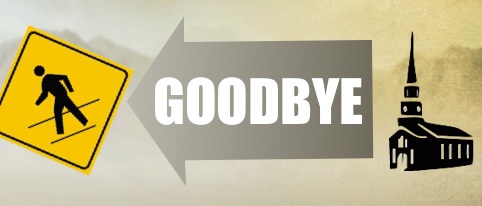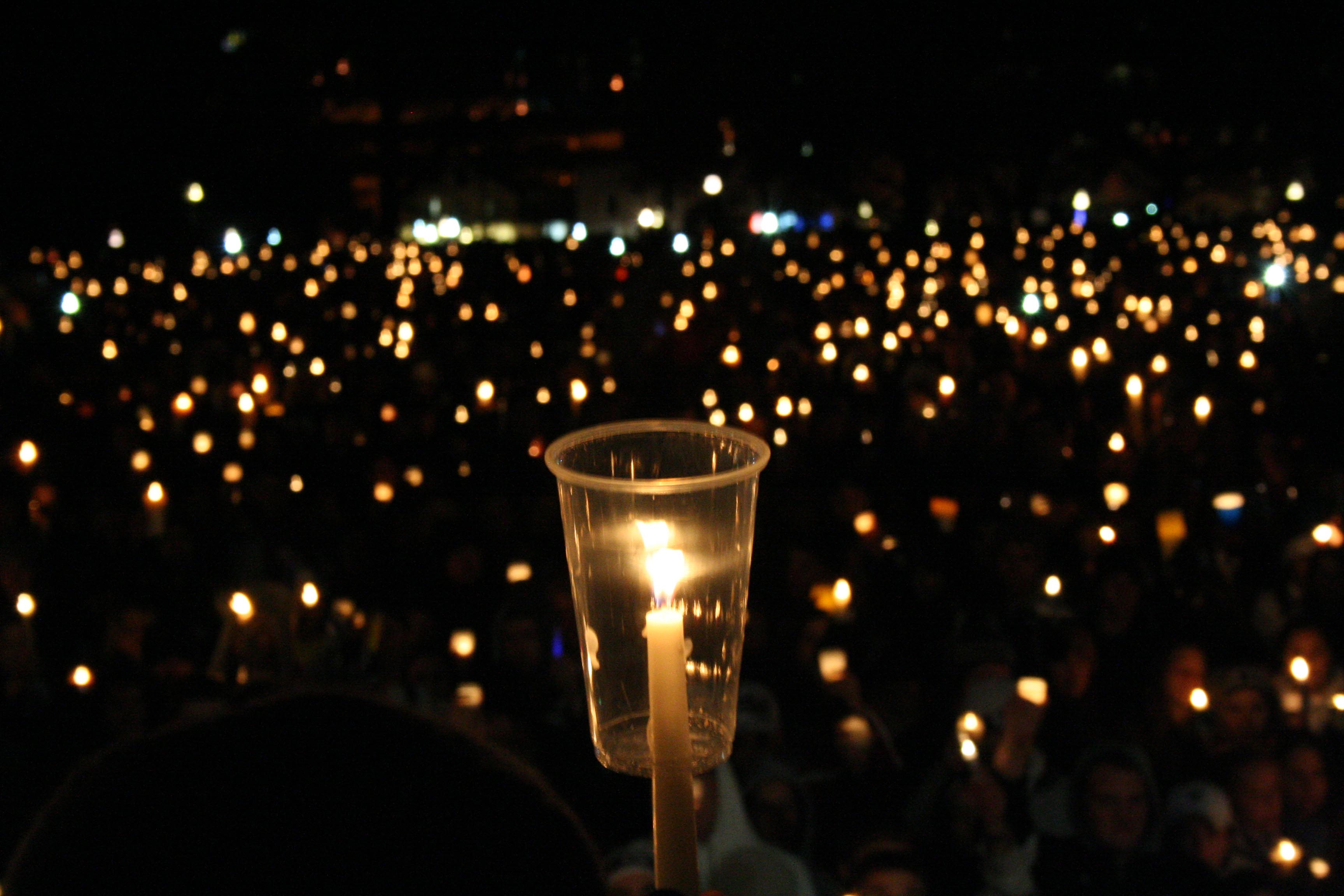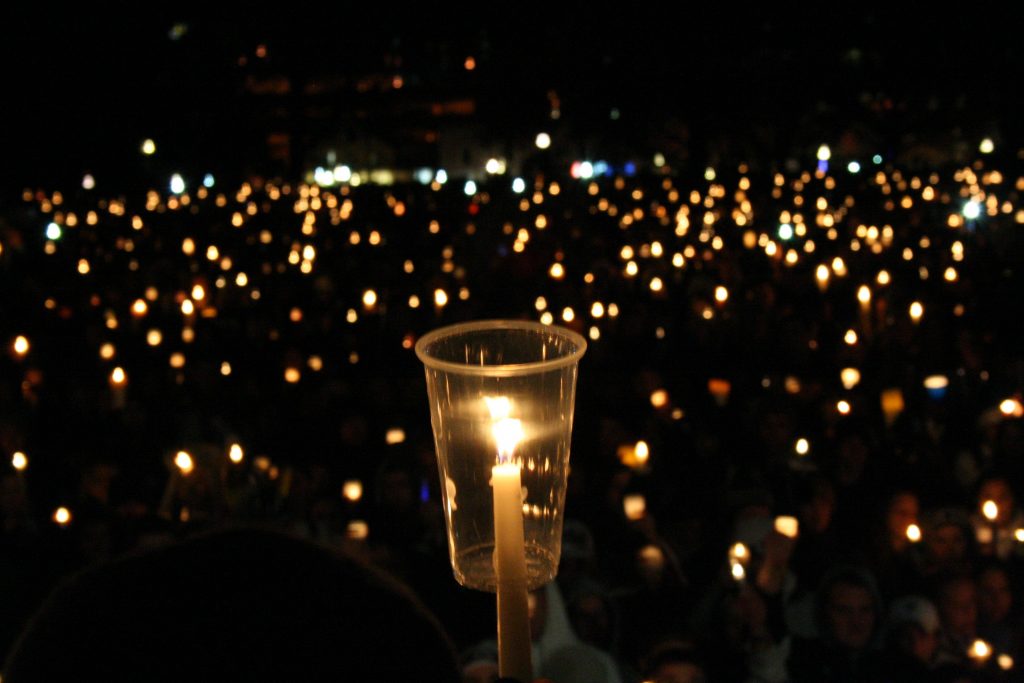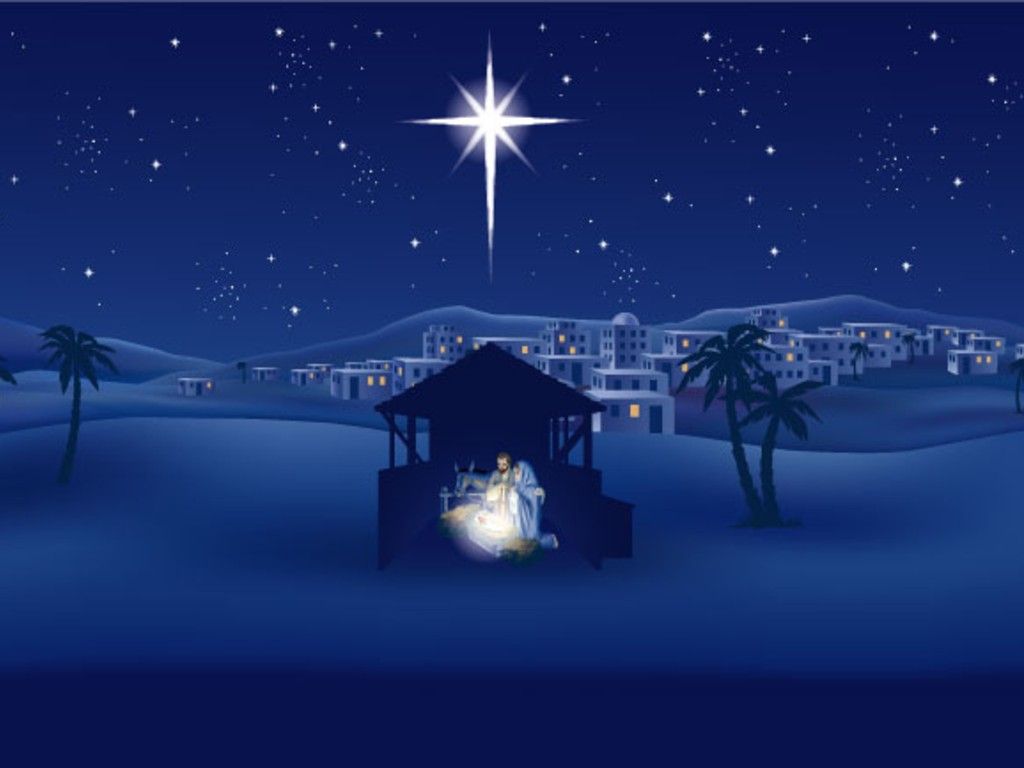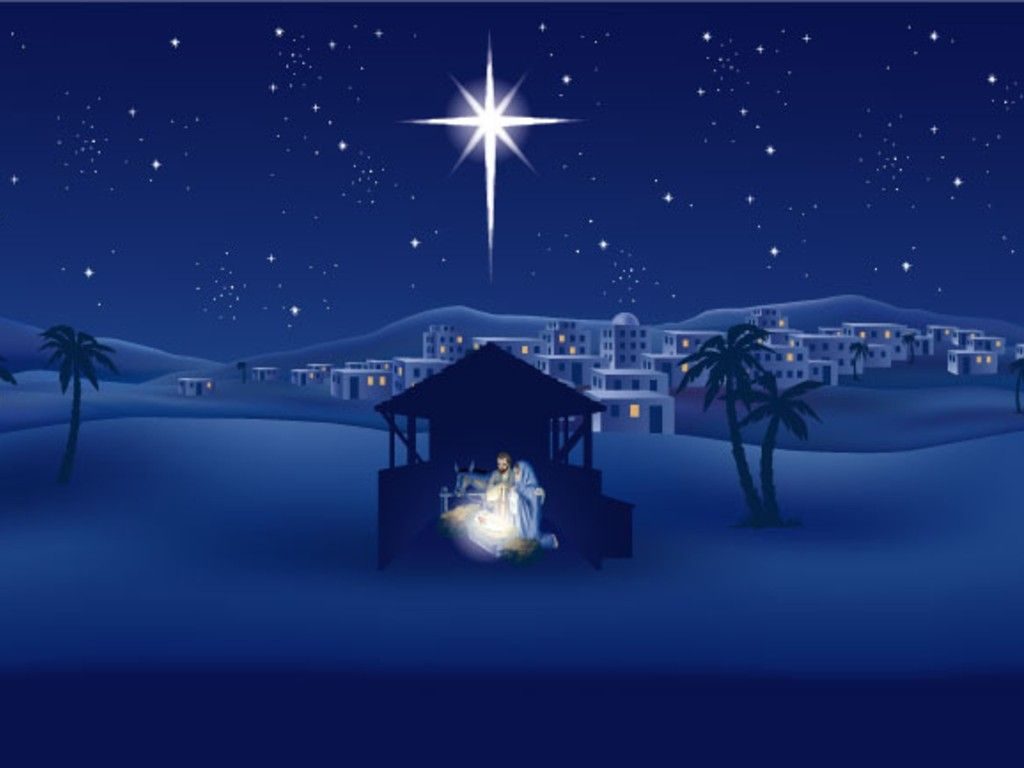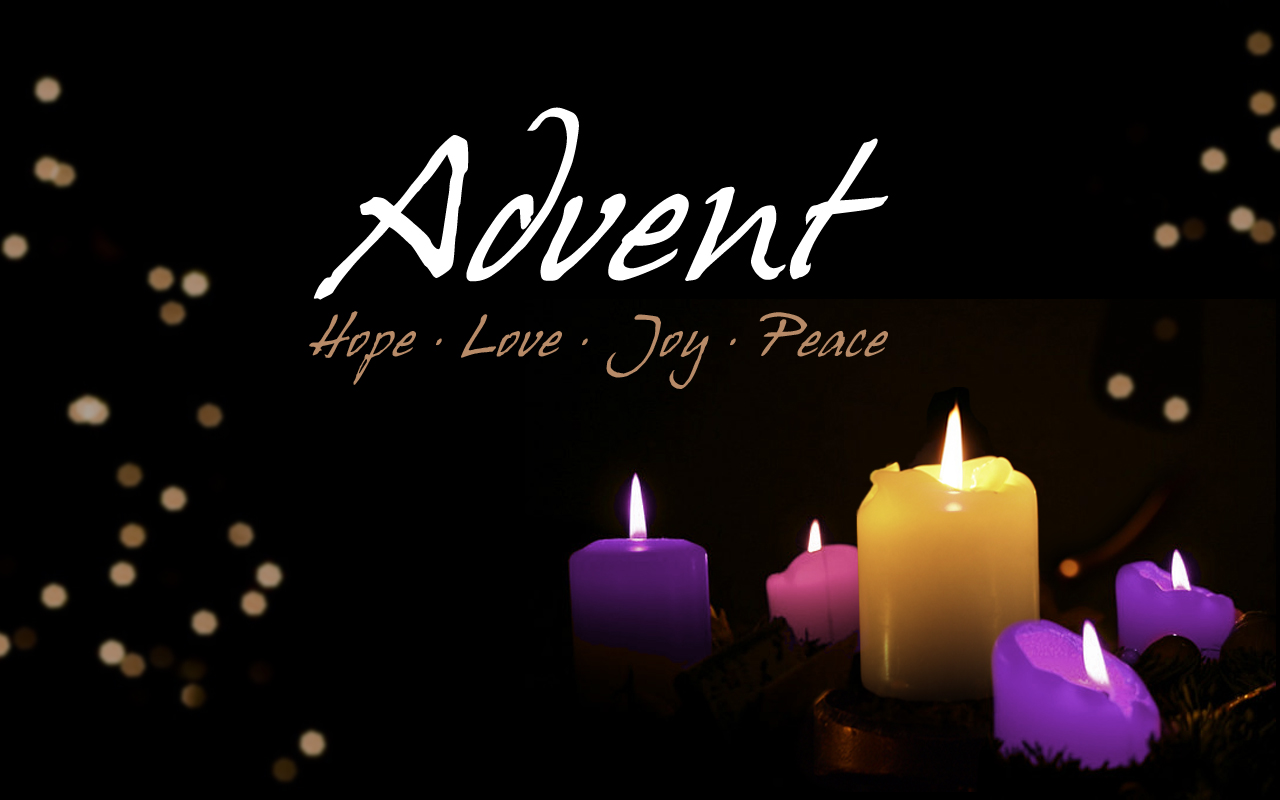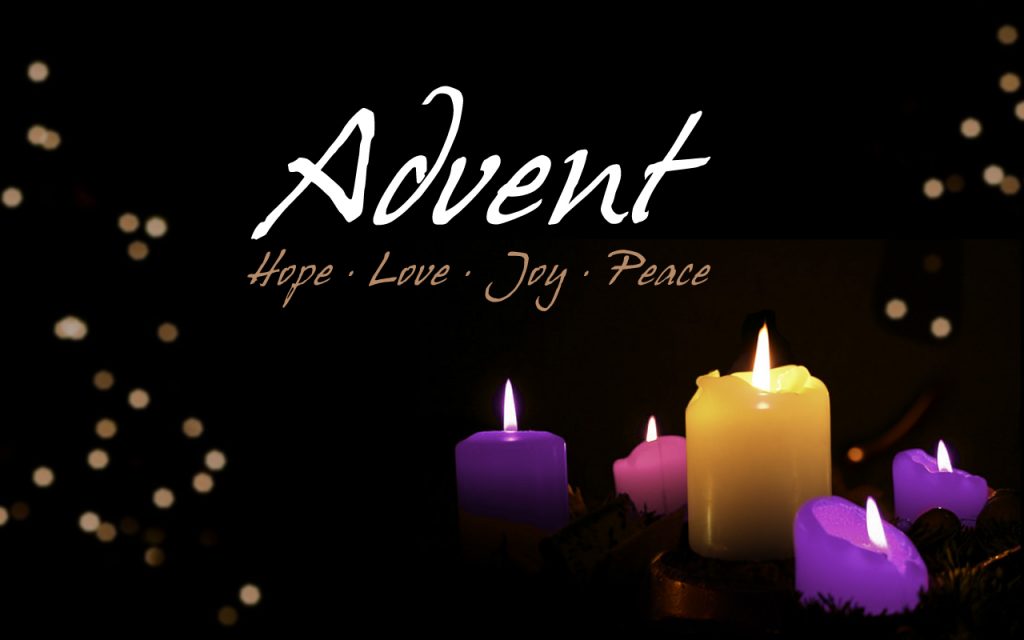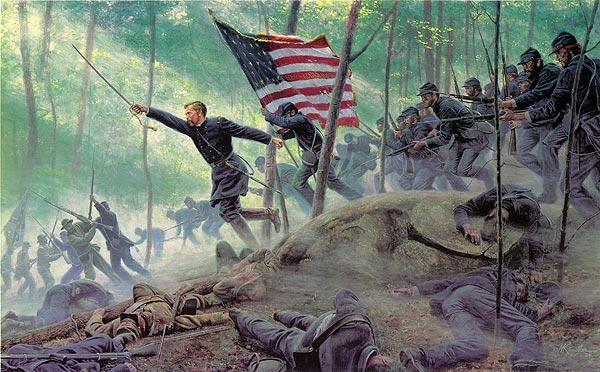
Sometimes sermons write themselves. Sometimes the message just leaps off the page, and the story is clear, and then there are times like today. Most weeks begin the same way. I look at the calendar to see what the lectionary has for readings. I read all four selections and then narrow it down pretty quickly to the passage that I will use on Sunday morning. I then pray over that passage. I then read what others have written about that passage and pray again. I spend the better part of the week with the passage making notes and reading.
The other challenge is making the particular passage relevant in today’s world, so I have to be in tune what is going on all around us here in the church, the community outside of the walls of the church and in the world. Preaching a message without any mention of current events is tantamount to malpractice. The preacher’s job is to link the 2,000-year-old writings to our life today and commenting on what is happening in the world, and ow we should react, is part of that.
But sometimes we preachers overreach, and we take the simple and turn it into the complex. In many ways the church does this as well, we take a simple problem, study it death, come up with a proposed solution and by that time the issue has either resolved itself or our attention is on something else altogether.
The Gospel passage we heard from Mark’s Gospel this morning is one such passage. This passage is about many things, time, incarceration, repentance, fishing, and discipleship. I could go on about any one or all of these topics, but discipleship is the primary focus this morning. What does it mean to make disciples and more important what does it mean to be a disciple?
There is an old saying, “give a man a fish feed him for a day. Teach a man to fish feed him for a lifetime.” This passage is often attributed to the Bible by those who do not want to help their neighbors but in fact, it is a Chinese proverb, and it is less about not giving people stuff and more about teaching people life skills and helping them learn them. For us to make disciples we first have to be disciples.
Jesus left us with two mandates one that was an individual mandate and one that was a corporate mandate. The individual one you hear me mention most of the time, Love God, Love Neighbor. The corporate or church mandate if you will come to us from the 28th chapter of the Matthew’s Gospel, “therefore make disciples of all the nations….” We are given the mandate, the job, the task, to make disciples. Not make members, not make donors, not make converts, not make people believe the way we think, nope, make disciples, followers of Jesus Christ. That is what being a disciple is all about, following Jesus Christ.
So let’s go back to the story we hear this morning. The stage is set by Mark it is the time after the arrest of John the Baptist and Jesus comes to Galilee, proclaiming the good news and saying, “The time is fulfilled, and the kingdom of God has come near; repent and believe in the good news.” The time is fulfilled, we hear Jesus mention this again when he says that in him has come the fulfillment of all the law and the prophets. The kingdom of God has come near, the kingdom of God is himself, and it is here, not some far distant place, but right here and right now. Repent, in other words, confess. These would be familiar words to those who were followers of John since he was calling people to confess, not just once but continuously. And, he finishes by telling them to believe in the good news which, we will see later on, is Jesus himself.
So things sound kinda simple so far all we have to do is confess and believe and we are on the right track. Keep in mind religion had become very complicated with thousands of rules and regulations to determine who was and is in the club, Jesus just stood that all on its head with the clear message of confessing and believe.
He then goes off and encounters Simon and Andrew. Simon, who later becomes Peter and his brother are fishermen, and they are tending to their nets. This is their livelihood and provides for their family. We are unsure if Andrew has a family, but we know Peter does because Jesus heals his mother-in-law in another story. Jesus comes upon them and says, “Follow me, and I will make you fish for people.”
Now what happens next is extraordinary. Scripture tells us that “and immediately they left their nets and followed him.” They did not even go home and consult with their families, not something I would suggest we do, but they did not form a committee and discuss it. They did not check to see how much money they had at the Galilean First National Bank. They did not even ask any questions, they “immediately followed him.” They had no idea who this was, had never seen him before, but the left everything and followed him.
Now notice, Jesus did not ask them to add one more thing to their long list of things they had to do. Jesus calls them to a new way of being. When Simon and Andrew left their nets, they leave a way of life, everything they have known, and take a step of faith, more than a step of faith a leap of faith into the unknown. Jesus has led them to the edge of a cliff and said jump, and they did.
So why did they do it? What prompted them to follow this stranger and leave everything behind? Well, as a Christian, I believe it was the Holy Spirit, but they also had a desire for something different in their lives.
All through history, for good and bad, people follow charismatic people. A leader is someone others want to follow otherwise they are just out taking a walk. But before Jesus approached them he prayed for them, perhaps not by name, but he prayed for them.
Fr. Mychal Judge was a Franciscan priest and fire chaplain to the fire department of the City of New York. On September 11, 2001, Fr. Mychal heard the call and put on his gear and ran to the World Trade Center. Little did he know he would become one of the casualties on that day. As the story goes, Fr. Mychal was killed by falling debris from the towers, while he knelt to pray with a dying person in the street. Fr. Mychal is one of the main reasons I do what I do today. But Fr. Mychal is vital to the story today because of the prayer that he said daily, and now I say daily:
Lord, take me where you want me to go;
Let me meet who you want me to meet;
Tell me what you want me to say
And keep me out of your way.
Jesus prayed for those he would encounter, and the Holy Spirit tilled the soil of their hearts and prepared the way, and all he said was follow me. Jesus made disciples but he was also a disciple, and it was his life that attracted people. Jesus was different and was calling people to a different way of life that was simple, repent and believe, love God, love neighbor. That is it, folks, that is the summation of the Gospel message.
We cannot make disciples until we are disciples. One of the marks of a good leader is that they will never ask the people they lead to do anything they are not willing to do. We cannot “make” disciples unless we are disciples.
Jesus left us with a simple formula; repent, believe, love, and follow. If we do that others will join us.
